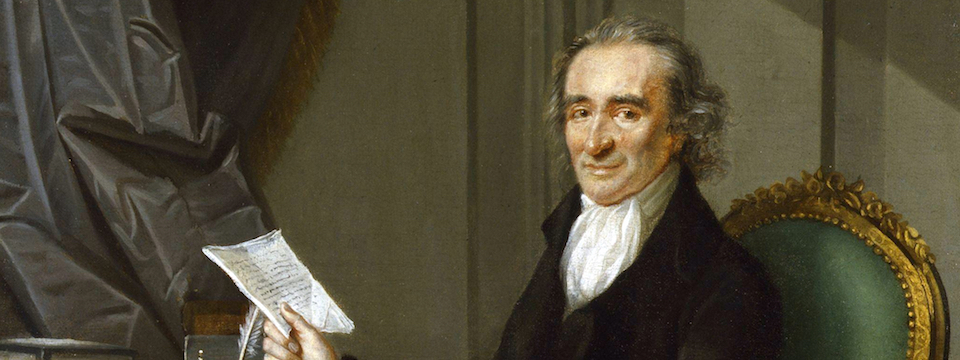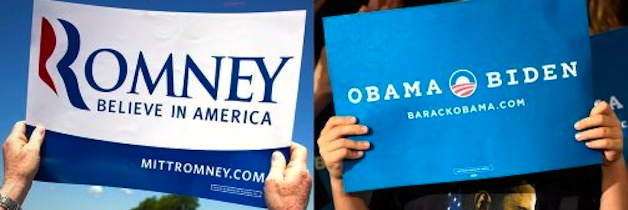Once upon a time, Thomas Paine was an editor for a “radical new monthly newspaper,” the Pennsylvania Magazine. He held a radical point of view – for American independence from Great Britain. He laid out his moral and political arguments in a piece he called Common Sense.
He had it published in a newspaper, and used the printing press to distribute thousands of copies directly into the public square. The piece went viral. It was read and reread in the street, shared in bars and taverns, debated by everyone from the high and mighty politician to the lowly common farmer.
In the public square of his time, Thomas Paine was able to freely present his point of view, have it debated, and succeeded in persuading others that he was right.
But what Thomas Paine considered to be common sense, others considered to be hateful, seditious and dangerous. It is easy to imagine a scenario where a more controlling British-sympathizing establishment could have branded Paine a hater, had him blacklisted, arrested, and prevented him from publishing anything. It is easy to see why America’s founders considered freedom of speech to be inviolate.
These days, what used to be considered the press and what used to be considered the public square go far beyond the ink-stained hands of writers and the strained voices of men on soapboxes on the park. New modes of communication carry messages across the entire country; and not just one way – BOTH WAYS.
These days, the Internet is the new public square. The Internet is where the debate is held. It is the medium through which the messages are delivered.
If the Internet of today had been available in his time, Thomas Paine would have published at the Federalist. He would have had a Facebook account extolling revolution. He would have had Youtube videos that ran counter to the prevailing orthodoxy. Would the SPLC have branded him a hater? Would his Facebook and Youtube accounts have been deleted? Would his posts have been “deplatformed” or demonetized by Google?” Indeed.
If Internet giants control the medium, what is to become of the message?
Lately, Big Internet has become very aggressive in cutting off speech with which it disagrees. Twitter arbitrarily suspends accounts for inscrutable “rules violations.” Same with Facebook. Youtube videos are flagged as inappropriate. Google demonetizes web sites based on what the despicable Southern Poverty Law Center deems to be hateful.
Not surprisingly, almost all these “rules violations” are held against one side of the political spectrum. If, like Jefferson and Adams, you find that Islam is not a religion of peace, you can be branded as a hateful Islamophobe and be cut off. If you believe in the rule of law for immigration policy, if you believe in free markets, if you don’t believe that most people are racist or sexist, or don’t believe in global warming hysterics, you can be deemed a hater or “fake news” and be cut off.
This has got to stop. While Big Internet are private businesses, they don’t own the Internet. If they misuse their monopoly to discriminate against entire classes of people based on political orientation there will eventually be a reckoning.
As I see it, this can go one of two ways – either Big Internet backs freedom of speech, or it will ultimately face lawsuits, antitrust regulation, and be forced to change. I’d rather the change be voluntary. Perhaps we can present some moral and political arguments to persuade them; at least, as long as Google will allow it.
“Men who look upon themselves born to reign, and others to obey, soon grow insolent; selected from the rest of mankind their minds are early poisoned by importance; and the world they act in differs so materially from the world at large, that they have but little opportunity of knowing its true interests, and when they succeed to the government are frequently the most ignorant and unfit of any throughout the dominions.”
― Thomas Paine, Common Sense
*****************************************************************
Stephen Crawford is @servative on Twitter






